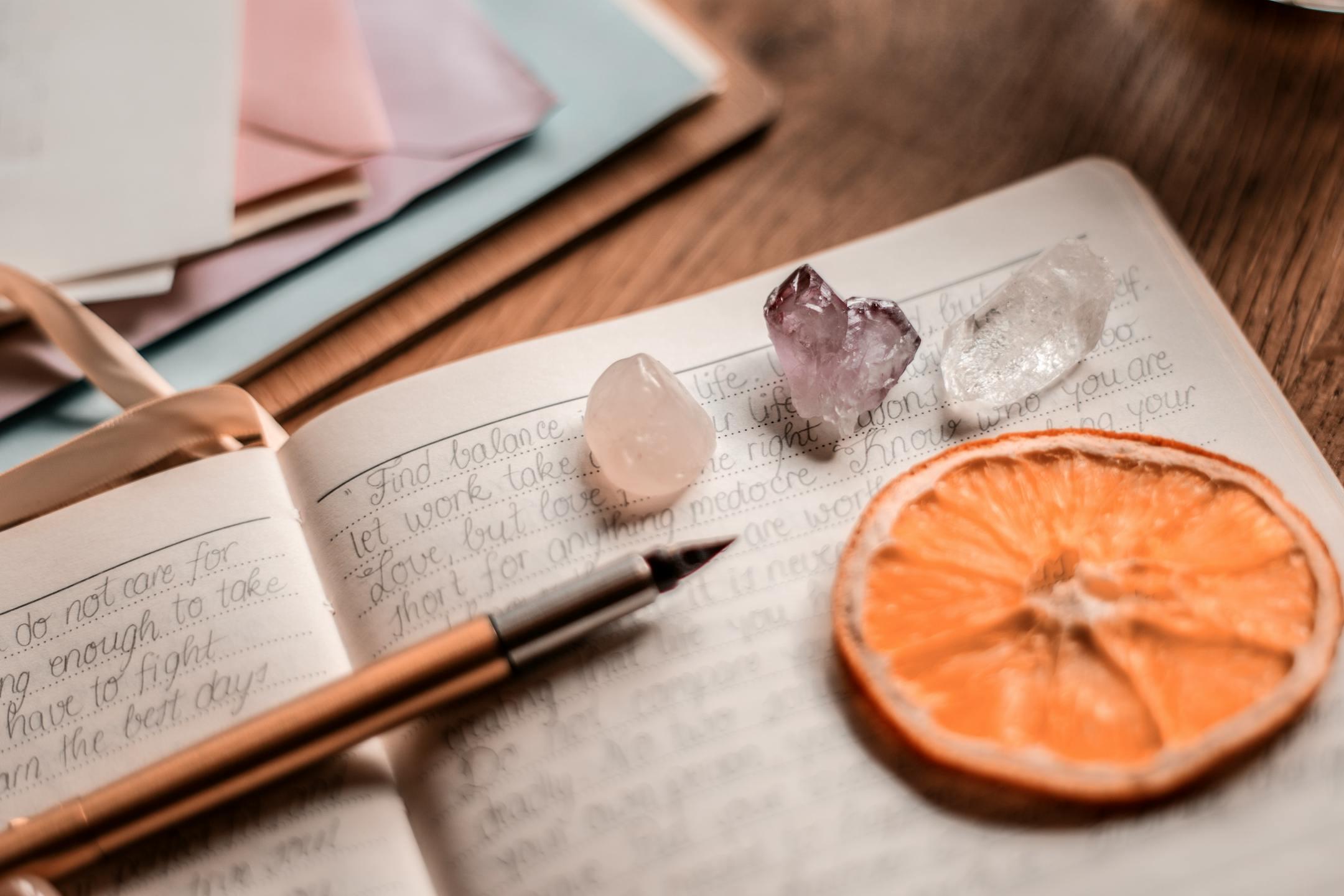
Making friends in adulthood takes courage — especially in recovery, when the friendships you once had don’t fit your life anymore.
In session lately, I’ve been hearing something from many people that feels vulnerable and very real:
“I’m an adult trying to find a best friend. I don’t feel worthy of having one when people in my life have disappeared time and again.”
And another:
“Now that I’m sober, I don’t know how to be a friend to the people I used to hang oug with. They are still using, and I feel fake around them.”
If either of these resonate with you, you’re in good company. Many adults quietly wrestle with loneliness, shifting relationships, and the emotional work of starting over.
Why Friendship Gets Harder as We Get Older
There’s a common belief that friendships should “just happen” — that by adulthood, we should already have our lifelong people. The truth is that friendship in adulthood requires intention. Life changes our routines, our worldview, and sometimes our sense of identity. It’s not unusual to look up one day and realize you’re craving deeper connection than you have.
Someone said to me once: 'Just because they are your oldest friend, doesn't mean they are your best friend.'
When relationships fade or end, it can feel personal. It’s easy to think:
“If I were more interesting, more lovable, more something… they would have stayed.”
Yet loss doesn’t mean you weren’t worth keeping.
Often, relationships end because you are growing — not failing. Even older relationships that have withstood the test of time, that you pictured as a kid you would sit in the nursing home and watch each other get older... can wither away more prematurely than you thought.
Recovery Brings a Shift in Community
If you’re in recovery from addiction, friendship can feel especially complicated. Many relationships formed during addiction were centered around shared coping, shared habits, or shared escape. When you step away from that lifestyle, it can create distance — not because you’re judging anyone, but because you’re no longer in the same emotional place.
Feeling different is not the same as being fake.
It’s a sign of change.
It’s also normal to grieve friendships that were tied to an earlier version of you, even if that version was struggling. Grief doesn’t mean you want to return to your old life. It means the connection mattered.
Making Friends as an Adult Is Vulnerable
Creating new friendships takes courage. It involves initiating conversations, expressing interest, slowly letting people see who you really are, and tolerating the uncertainty of not knowing if it will deepen.
There is no shortcut.
But there is nothing wrong with you for wanting closeness.
That want is evidence of your humanity, not a flaw.
What Helps
You are not behind.
You are not failing.
You are building a life that aligns with who you are now.
And that deserves company — the kind that stays.
This post was written by Jenn Walker and edited with AI.